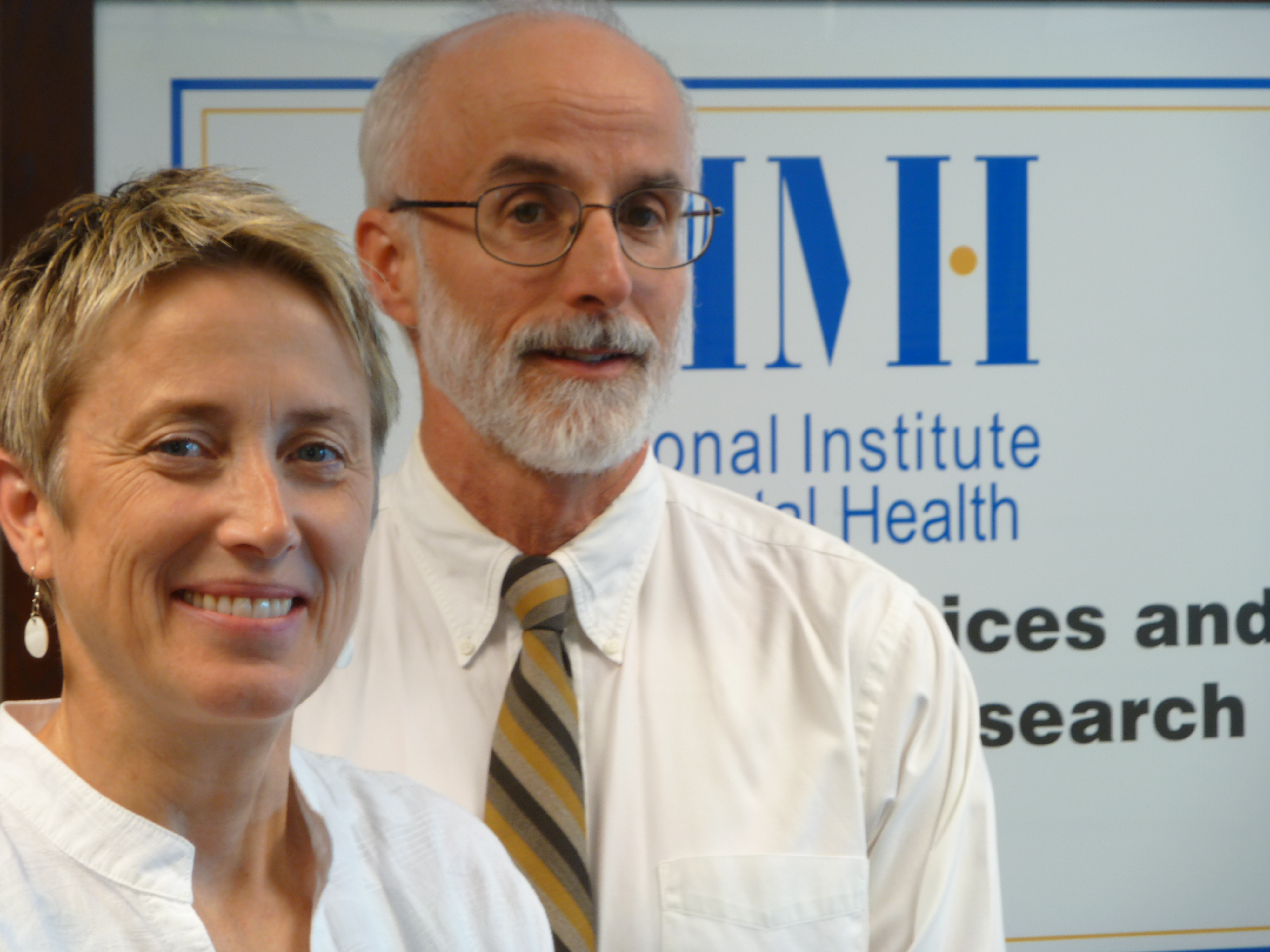Blog Posts Related to the African American Community
Open for Questions with News One, Hello Beautiful, Black Planet, The Urban Daily & Grio
Posted by on September 10, 2011 at 11:28 AM ESTOn Monday, September 12th, the White House will host a special “Open for Questions” event with Interactive One, that includes News One, Hello Beautiful, Black Planet, The Urban Daily and Grio.
Last week, President Obama unveiled the American Jobs Act before a Joint Session of Congress. To create more jobs now, the President is sending Congress a plan that puts more people back to work and puts more money in the pockets of working Americans. On Monday, September 12th, at 4:00 p.m. EDT Obama Administration officials will answer questions submitted through Interactive One websites during a live event that you won’t want to miss.
Participating Obama Administration include
- Melody Barnes, Director of the Domestic Policy Council
- Shaun Donovan, US Secretary for Housing and Urban Development
-
Valerie Jarrett, Senior Advisor to President Obama
- Marie Johns, Deputy Administrator of the US Small Business Administration
- Ambassador Ron Kirk, US Trade Representative
- Gene Sperling, Director of the National Economic Council
Right now, you can submit questions through Interactive One’s site:
- Ask your questions now through News One, Hello Beautiful, Black Planet, The Urban Daily or theGrio.
Learn more about EconomyState and Local Officials Respond to the President’s Call for an American Jobs Act
Posted by on September 9, 2011 at 9:30 AM ESTFollowing the President’s speech where he called on Congress to pass the American Jobs Act, bi-partisan governors, mayors, and state legislators have spoken out and echoed the President’s call to put more people back to work and put more money in the pockets of working Americans.
Mesa, Arizona Mayor Scott Smith:
It is encouraging to hear the President's proposal include business-friendly concepts such as expanded tax cuts and smart infrastructure investment. I am also encouraged that job creation and deficit reduction are mutual goals.
Los Angeles, California Mayor Antonio Villaraigosa:
President Obama delivered a strong and clear message to Congress, the silly season in Washington is over. After spending the better part of the year trading jabs, Congress must now turn its attention to creating jobs. The President's plan is practical enough to pass Congress with the inclusion of bipartisan policy proposals. It is also bold enough to have the impact our country needs to build our way out of this historic economic challenge.
San Francisco, California Mayor Ed Lee:
President Obama’s speech tonight must be a wakeup call to leaders from Washington to Sacramento to San Francisco that it’s time to put politics aside and unite around our nation’s number one priority – creating jobs. The President’s call for aid to cities and states and a renewed commitment to infrastructure investments will directly boost our efforts to create jobs here in San Francisco and keep our City’s economy moving on the right track.
Learn more about EconomyLeveraging National Resources to Reduce Suicide in the United States
Posted by on September 3, 2011 at 11:21 AM ESTEd. Note: Champions of Change is a weekly initiative to highlight Americans who are making an impact in their communities and helping our country rise to meet the many challenges of the 21st century.

Suicide is a major public health problem that affects every sector of society. It is the third leading cause of death for youth ages 15-24. In the United States alone, more than 30,000 suicides occur every year—roughly twice the rate of homicides. Most suicides are thought to be associated with untreated mental illness, such as major depression.
An important goal of the National Institute of Mental Health (NIMH) is to prevent suicide. But it takes communities dedicated to working together to address the complex problem of suicide and to translate research into practice. One way we help to facilitate this is by leveraging the resources, knowledge and experiences of a nationwide network of partner organizations dedicated to helping those with mental disorders. These partners—more than 80 at the national level and 55 partners in every state, Washington DC, and Puerto Rico—serve as the “eyes, ears and feet” of NIMH. About half of these partners work actively to prevent suicide in their local communities, many of which are underserved rural areas. For example, the NIMH Outreach Partner in Montana used NIMH data to educate immigrants from India about depression and suicide prevention in the aftermath of two suicides among Asian American college students. Our Missouri and South Carolina partners have developed strong partnerships with faith-based organizations to train clergy in Hispanic and African American communities to recognize the symptoms of depression and warning signs for suicide. These churches are then able to link members in crisis to mental health services.
Learn more about Health Care, VeteransSmall Business Summit in South Carolina
Posted by on August 31, 2011 at 3:26 PM ESTOver 400 small and minority business entrepreneurs participated in a Department of Energy small business procurement summit in Orangeburg, South Carolina on Tuesday, August 23, 2011. I had the pleasure of speaking at the event together with DOE Secretary Steven Chu, U.S. Congressman James Clyburn, and SBA Deputy Administrator Marie Johns. This was part of a series of high-level events that the White House asked all Federal agencies to conduct. Since March, over 20 Cabinet and Senate-confirmed officials and 7,000 small business owners have participated in 19 small business matchmaking events around the country.
Learn more about EconomyPresident Obama Interviews with the Tom Joyner Morning Show
Posted by on August 30, 2011 at 8:57 AM ESTThis morning, President Obama joined host Tom Joyner on his daily morning radio show to talk about a range of issues including jobs, the economy, and the Dr. Martin Luther King, Jr. Memorial. He spoke eloquently about the legacy of Dr. Martin Luther King and what the African American community can do to uphold that legacy. Below is an excerpt of the President's interview.
Q: Okay. Let's talk about, first of all, the MLK dedication. They're going to reschedule it. You don't have a time or date yet?
THE PRESIDENT: We don't have a date yet. But those who've had a chance to see the monument, it is a moving and powerful thing. When you think about this is a man who didn’t have a title, didn’t have a rank in the military, but just led a nation in rediscovering its ideals and its values, and to have him staring out across the water towards the Jefferson monument is a reminder of what's possible in this country. So I know those who've already seen it have just been moved to tears by its presence and it's going to be an extraordinary legacy for this country for many years to come. But obviously what I hope it reminds us of is how much more work we still have to do. Dr. King helped to catalyze, along with that entire generation of heroes, the progress that allowed me to be sitting in this Oval Office right now. But I think it's always important to remember that when Dr. King gave the "I have a dream" speech, that was a march for jobs and justice, not just justice. And in the last part of his life, when he went down to Memphis, that was all about sanitation workers saying, I am a man, and looking for economic justice and dealing with poverty. And so it's not enough for us to just remember the sanitized versions of what Dr. King stood for; he made a real call for us to dig deep and be thinking about our fellow citizens and people around the world who are in desperate need and figuring out how we can help them.
Q: Was that part of your dedication speech that you were going to give on Sunday?
Q: Did we get a preview of it?
THE PRESIDENT: That was a little impromptu, but I think those themes are ones that I think about every single day. We've got -- somebody mentioned -- I think there was an article that we've got on loan that famous Norman Rockwell painting, right outside the Oval Office, of Ruby Bridges walking to school. And we pass that every single day. She was a little six-year-old girl surrounded by marshals, going into that schoolhouse all by herself. And inside my office I’ve got -- a friend of mine framed the original program from the March on Washington.
And so they’re reminders, as we go through the day and we’re working hard here to make sure that we’re putting people back to work and getting the economy going again, that we stand on the shoulders of a lot of people who made a lot of sacrifices. And it’s important for us to make sure that we’re following through on those commitments, even if it’s slow and frustrating sometimes.Creating a Culture of Achievement in Atlanta
Posted by on August 29, 2011 at 11:39 AM ESTEd. Note: Champions of Change is a weekly initiative to highlight Americans who are making an impact in their communities and helping our country rise to meet the many challenges of the 21st century.

The recent debacle which exposed cheating in schools in Atlanta was a low point for my city, but also a blessing in disguise. Now more than ever people are angry, anxious, and inspired to make a real difference in public education. It has been recognized that great teachers alone will not get us to where we need to be—there must be a culture of achievement in communities, and outside of school.
Having identified this need, it is imperative that Atlantans—and citizens across the nation—must begin to ask themselves what a culture of education and achievement in communities look like. As the founder and organizer of Neighborhood Mathematica, I am proud to make a contribution to building Atlanta’s education culture with the implementation of a supplemental math education program for students in underrepresented areas. However, one math competition—which is also a new tradition in Atlanta—is far from where we need to be.
Learn more about Startup America, Education
- &lsaquo previous
- …
- 27
- 28
- 29
- 30
- 31
- 32
- 33
- 34
- 35
- …
- next &rsaquo